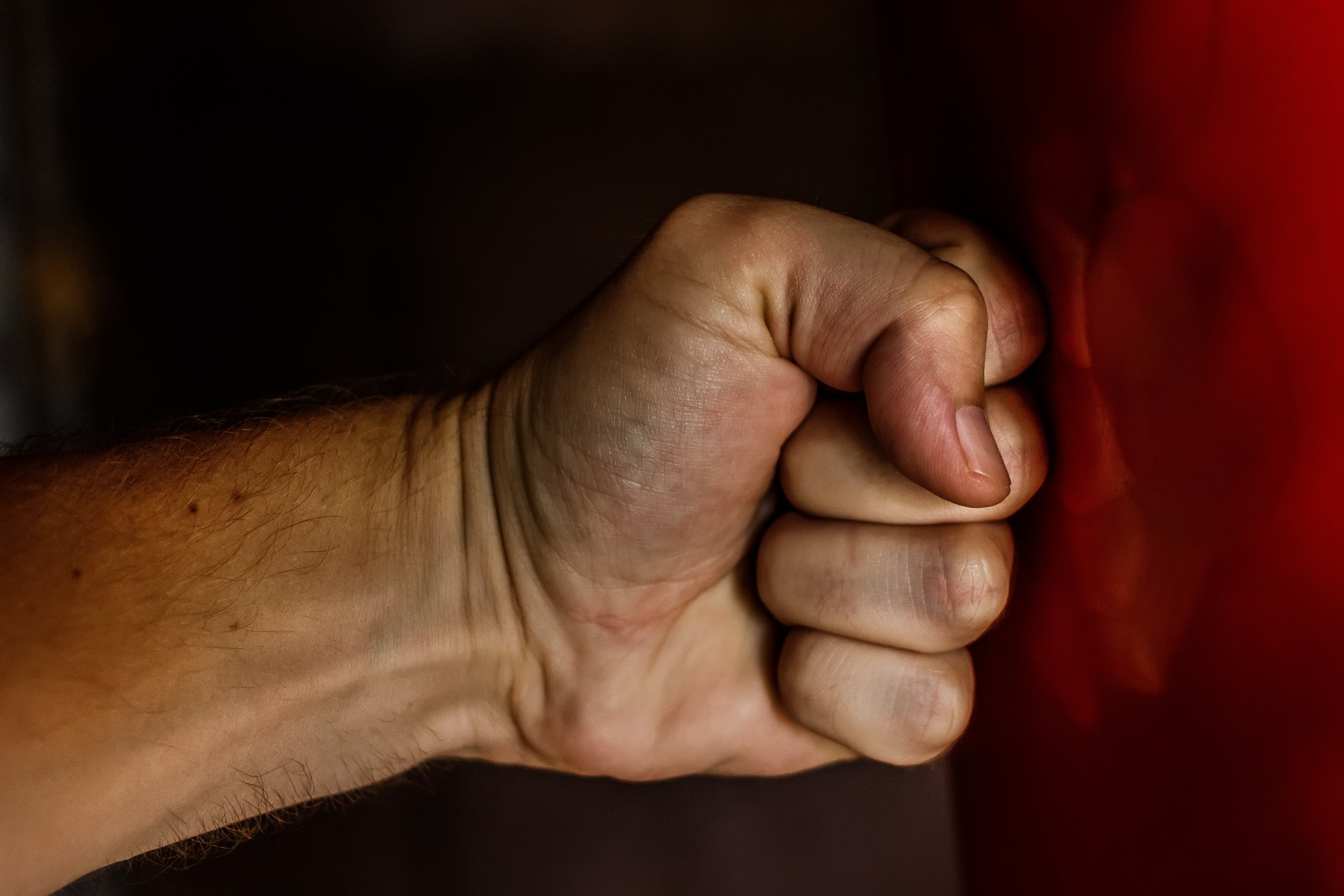Domestic Abuse Survivors: The Role of the Voluntary Sector in Providing Effective Support
Women's Aid are a leading charity in tackling and preventing violence against women and girls (VAWG). Here they explore the crucial role the voluntary sector plays in providing support, advocacy and service provision to Domestic Abuse survivors.
Domestic abuse costs lives and it costs money. Yet for far too long the response to domestic abuse has been a postcode lottery, with resources often focused on so-called “high risk” cases. This risk-led approach has meant that some survivors haven’t been able to get the support they desperately need, meaning opportunities to help women escape domestic abuse earlier have been lost. This is not good enough.
We at Women’s Aid have long known that the current crisis-response to tackling domestic abuse isn’t working. A focus on a short-term fix does not provide the needs-led support that survivors tell us really makes a difference. Many women need support not only from emergency services, like the police and social services, but help with housing, navigating the welfare system and specialist domestic abuse support for them and their children – all the things that make a difference to them being able to rebuild their independence and their family’s life after experiencing abuse.
The Situation
The current risk-led approach is not about cost savings. Recent government research shows that domestic abuse costs society £66 billion a year. Despite domestic abuse costing society more than the cost of all other crimes put together, women are being turned away from the specialist domestic abuse services they need which are unable to meet demand and are facing budget squeezes.
Nearly one in ten refuges and one in five community-based services who responded to our annual survey reported that they received no local authority funding at all in 2017/18. While last year an estimated 21,084 referrals to refuges in England were declined, averaging over 400 women being turned away from refuge every week. No woman should be turned away from the help she has called out for; it is clear that the current system is not working for survivors.
Change That Lasts
That’s why we at Women’s Aid have pioneered our Change That Last approach which is placing the survivor and her needs at the heart of the response to domestic abuse. Our approach recognises the strengths of survivors: they are experts in their own lives and know all too well the danger posed by their abuser and what they need to be able to escape the abuse.
Since 2016, Change That Lasts has been working with the community, professionals and specialist domestic abuse services to make sure that every survivor receives the right response the first time she reaches out for help to set her on a path to freedom and long-term safety.
By training community members and trusted professionals like GPs and health professionals, we are transforming the response to survivors in our pilot sites. By equipping the community and professionals with knowledge about domestic abuse and helping them understand survivors’ needs and how they can create a safe space for women to disclose domestic abuse, we have helped survivors access support earlier on. Some survivors were speaking out about their experience of abuse for the first time. While both the community and trusted professionals reported that they had increased confidence in knowing how to help survivors and we saw an increase in referrals into local specialist domestic abuse services.
Our Change That Lasts scheme is transforming the response to domestic abuse, but in order for every survivor to get the support she needs we also need to ensure that our national network of life-saving domestic abuse services survives and thrives. Together, we can continue to work with the government to make the case for a long-term, sustainable funding future for specialist domestic abuse services to ensure that they can meet demand and provide the support survivors and their children need. By investing just a fraction of the money domestic abuse costs society every year into early intervention work like Change That Lasts and specialist domestic abuse support services, we can improve the response to domestic abuse and ensure that every woman and child can live free from fear and abuse.


